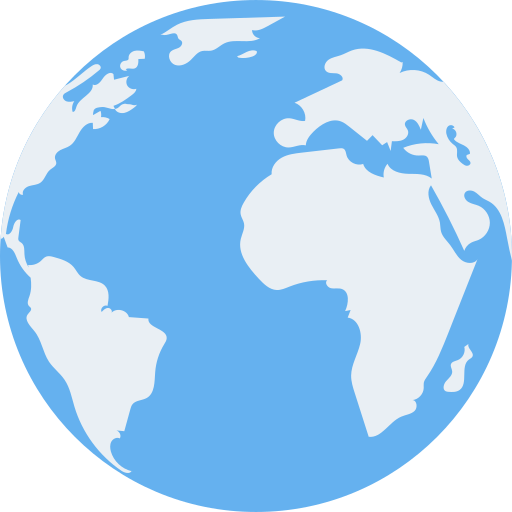When speaking about personal freedom and it’s boundaries, I take the position of: every person must have all the freedom to do whatever they would like, until it starts to harm others or limit their freedoms.
I believe this to also be the most common position by proponents of freedom.
So this means I cannot say I have the freedom to beat someone, for example, as that is harming them and limiting their own freedoms.
Now this is an obvious example, but there are a lot of murky ones. For example:
- Do I have the freedom to use some power tools in my house if it bothers my neighbor?
- Do I have the freedom to smoke in the city if it bothers people?
- Do I have the freedom to just walk completely naked in a busy city? What if I am very unpleasant to look at? What if many people do like I do and it just makes the city less pleasant to walk through?
- Do I have the freedom to be entirely naked and stand on a public sidewalk but just next to a storefront? Maybe the owner doesn’t care, except I drive away their customers because they care
- Do I have the freedom to plant a tree in my yard that suddenly takes away sunlight from neighbor? Technically it’s my house!
“the freedom to walk in my neighborhood without having to hear power tools” and “the freedom to use power tools” seem to be in opposition.
I think many people will have straight answers for these. I’m not looking for answers. I’m looking for a reasonable general guideline. When are situations like these considered to be within my rights to personal freedom, and when are they outside of personal freedom or infringing on freedoms of others?


That is not really a contradiction and again, let’s put rights and freedoms in grammatical context using this example: “Freedom of speech is a right.” Think about that for a second if you need.
I live in Colorado which is subjectively the weed capitol of the US. Even so, it is illegal to smoke in public places unless it’s a designated event which is usually on private property.
Weed is an intoxicating drug. As such, it’s customary to restrict the consumption of intoxicants in public. (Hence, it’s a law. There is more to this, but out of scope of this conversation.) In theory, the consumption of weed is reduced downtown because people don’t want to get a fine or a ticket.
It’s a personal freedom to light up wherever the hell you want. If I say, out loud, that I am going to go downtown and smoke a fatty, nobody can throw me in jail for that or tie me up because I said something. If I actually do go downtown and light up, that is not within my legal rights and that action may have consequences.
It’s my right, as defined by law, not to smell it in a zone that is designated as weed-free, and notify the police. The police, should protect my rights in that case. (In theory.)
Your freedom to smoke-up was not restricted and my legal rights are enforced by the police.
In the interest of this conversation, I am using “context” is very broady. It may include: Local and state laws, criminal history, reputational history, being on public or private property, current behavior, state of intoxication, and literally the thousands of other in things that lead-up to or describe a scenario.
Legal freedoms and legal rights have limits and those limits are contextual. If I disagree with any legal right OR legal restriction, I can get an attorney and attempt to change a law and petition my government. Those are also my rights.
What is absolutely important is understanding how your rights and freedoms are defined by law. Arbitrarily saying things like, “I have the right to smoke where I want” doesn’t cut it.
Again, the only freedoms and rights you have must be defined by law. Those freedoms and rights are not limitless BUT are subject to legal interpretation in their appropriate context AND you have the legal means to adjust that interpretation.
Edit: I am using words here with purpose, so try not to skip over bits. It is extremely challenging to discuss complex topics on social media and I am attempting to be as neutral and unbiased as possible. Separating “rights and freedoms” from “legal rights and freedoms”, with all nuances attached, is always a rough topic, btw.
Edit2: Changed typo: “non limitless” to “not limitless”.